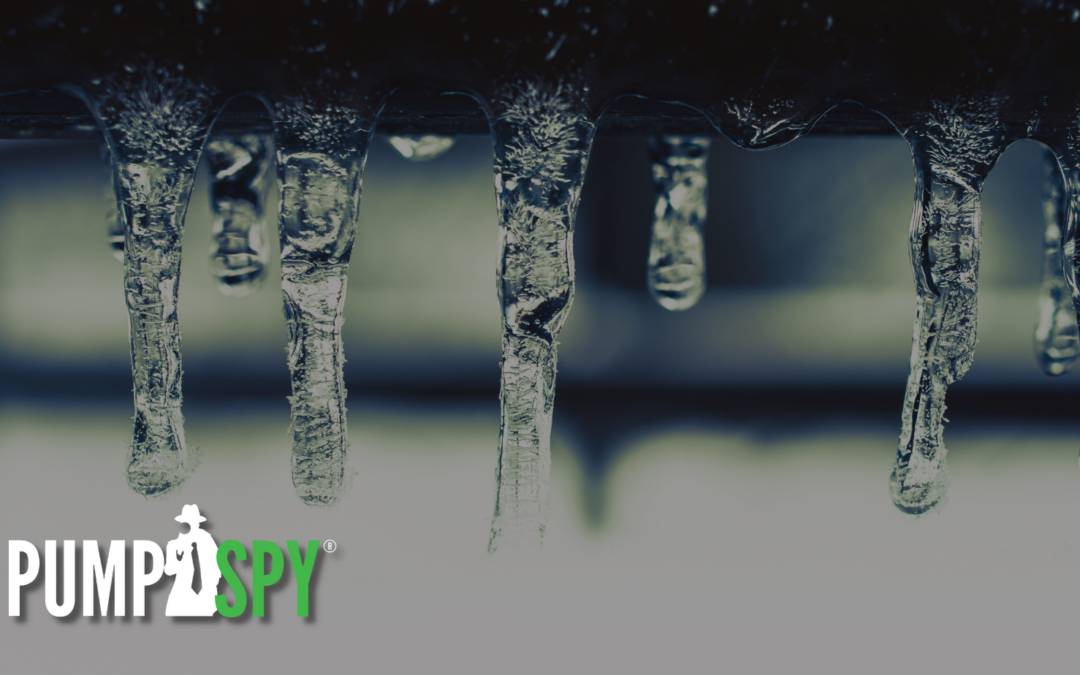Homeowners need to be mindful of any potential plumbing issues as the temperatures drop and winter draws closer, with frozen pipes at the top of the list. Your plumbing system may explode if water freezes inside of it, causing significant damage and exorbitant repair costs. This blog post will discuss the significance of avoiding frozen pipes and offer advice on how to protect your plumbing system during the colder months.
Recognizing the Risk
Frozen pipes are harmful because of the expansion that occurs when water freezes. When the water in your pipes freezes, the pressure it applies to the pipe walls causes severe cracking and, in some cases, ruptures. Your property may sustain water damage as a result, including flooding and structural problems.
Insulate Your Pipes
Insulating pipes is one of the best techniques to avoid frozen pipes. Insulation sleeves, often constructed of fiberglass or foam, are simple to put around exposed pipes. Pay close attention to any pipes in unheated locations like attics, basements, and crawl spaces. Additionally, think about insulating pipes that are close to exterior walls and those that lead to outdoor faucets.
Outdoor Faucets
In particular, outside faucets are prone to freezing. Take the following actions to shield them:
1. Turn Off the Water:
First, shut off the water supply to outdoor faucets. This will prevent water from flowing into the pipes exposed to the cold.
2. Drain the Faucets:
Open the outdoor faucets and allow any remaining water to drain out. This step is essential because even a small amount of water left inside the faucet can freeze and cause damage.
3. Insulate Faucets:
Insulate outdoor faucets with faucet covers or wrap them in towels and secure them with duct tape. This extra layer of insulation will provide added protection against freezing temperatures.
Ensure Proper Heating
Making sure that the spaces where your plumbing is located, such as basements and crawl spaces, are appropriately heated throughout the cold months is another preventative precaution. The pipes can avoid freezing conditions by maintaining a constant temperature in these areas.
Leaky Faucets
Consider leaving your faucets softly dripping on colder evenings. A constant, slow drip can avoid the buildup of water inside the pipes, which lowers the possibility of freezing.
Inspection by a Professional
It’s a good idea to have a qualified plumber evaluate your plumbing system before winter arrives. They are able to see any weak spots and offer advice on how to keep your pipes from freezing.
In conclusion, as winter approaches, homeowners should be especially concerned about avoiding frozen pipes. Large-scale water damage and expensive repairs can result from frozen pipes. You may protect your plumbing system from the risks of freezing temperatures by insulating your pipes, taking care of exterior faucets, keeping enough warmth, and getting expert help. Take action right now to save your house and your finances against the effects of frozen pipes. Don’t wait until it’s too late.

